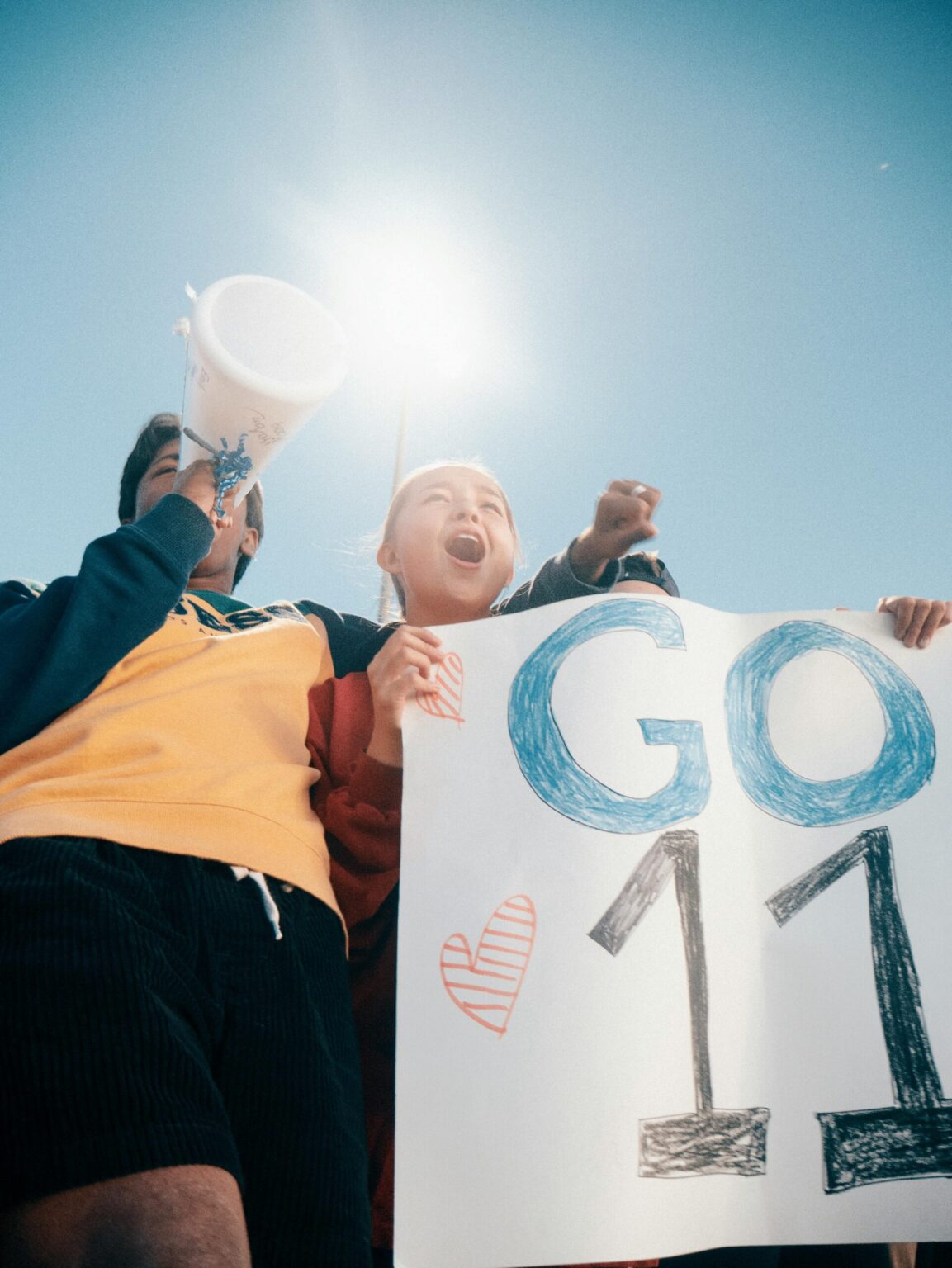Singapore’s education system emphasizes holistic student development, focusing not only on academic performance but also on a wide array of Co-Curricular Activities (CCAs). These activities are a core part of school life, helping students broaden their perspectives, build teamwork skills, and, in some cases, improve their chances of future academic admissions. This article provides an overview of the most popular CCA categories in Singapore primary and secondary schools, along with practical advice for parents to help their children participate successfully.
Part 1: What Are CCAs?
CCAs (Co-Curricular Activities) are a hallmark of Singapore’s education system, aiming to foster students’ physical well-being, social skills, and character development beyond the classroom. As stipulated by the Ministry of Education (MOE), CCAs are mandatory for both primary and secondary students, with secondary school students required to achieve a certain level of participation and performance in CCAs to strengthen their post-secondary enrollment prospects.
CCAs generally fall into four main categories:
- Physical Sports
- Performing Arts
- Clubs and Societies
- Uniformed Groups
Part 2: Popular CCAs at the Primary Level
Primary school CCAs (for students roughly aged 6–12) are designed to spark interest and introduce fundamental skills. Activities are relatively relaxed but lay the groundwork for future pursuits.
2.1 Physical Sports
Sports CCAs are central to many primary schools, commonly including:
- Football (Soccer): Cultivates teamwork and competitive spirit.
- Badminton: Enhances hand–eye coordination and quick reflexes.
- Swimming: Improves fitness while also teaching water safety skills.
- Track and Field: Builds stamina and speed.
Such CCAs strengthen children’s physical fitness, perseverance, and self-discipline.
2.2 Performing Arts
Performing arts are also popular at the primary level, encompassing:
- Dance (modern dance, cultural dance): Enhances body coordination and expression.
- Orchestra / Band: Exposes students to various instruments, developing their musicality.
- Drama: Fosters creativity and communication skills.
- Choir: Focuses on vocal training and teamwork.
2.3 Clubs and Societies
Academic clubs help students explore interests beyond textbook learning, for instance:
- Science Club: Encourages curiosity and experimental thinking.
- Robotics Club: Develops logical reasoning and programming skills.
- Environmental Club: Builds environmental awareness and community project involvement.
2.4 Uniformed Groups
While uniformed groups are less common in primary schools, a few offer introductory programs in groups like the Red Cross or Cub Scouts. These foster basic leadership and service skills from an early age.
Part 3: Popular CCAs at the Secondary Level
Secondary school CCAs (for students around age 13–16 or 17) often become more specialized, and a student’s CCA record can significantly impact future academic admissions and scholarships.
3.1 Physical Sports
Sports CCAs at the secondary level are more competitive, including:
- Basketball: Develops teamwork and tactical awareness.
- Football (Soccer): Widely available with opportunities for nationwide tournaments.
- Wushu: Merges traditional martial arts with physical fitness.
- Table Tennis: Sharpens reflexes and patience.
School sports are structured into well-defined tournaments, and strong performers often gain plus-points for post-secondary admission.
3.2 Performing Arts
Secondary performing arts are more demanding and artistic, featuring:
- Symphonic Band: Performances at national events and music festivals.
- Choir: Teaches refined vocal techniques, often competing internationally.
- Chinese Orchestra: Showcases the charm of traditional Chinese music.
- Dance: Modern dance and street dance are especially popular.
3.3 Clubs and Societies
Secondary-level clubs tend to emphasize more applied skills, such as:
- Robotics Club: Engages in nationwide programming and robotics contests.
- Debate Team: Hones logical reasoning and persuasive speech.
- Math Club: Guides students in participating in math Olympiads or competitions.
- Entrepreneurship Club: Teaches business acumen and organizes small-scale ventures.
3.4 Uniformed Groups
Uniformed groups are highly valued in secondary schools, with examples including:
- National Cadet Corps (NCC): Offers basic military-style training.
- Red Cross: Covers first aid and community service.
- Scouts: Nurtures leadership and independence.
- St. John Ambulance Brigade: Builds medical-related competencies.
Part 4: Preparing Your Child for CCA
- Identify Your Child’s Interests
- Observe and encourage different pursuits. If they show fascination with building LEGO models, Robotics Club could be an excellent fit.
- Build Basic Skills
- Before joining, help your child strengthen relevant foundations—like an introductory music course for band auditions or swim lessons for water sports.
- Choose the Right School
- Different schools offer distinct strengths. Some excel in music or orchestras, while others excel in sports like track and field or basketball.
- Encourage Active Participation
- CCAs enhance teamwork, leadership, and social skills. Motivate your child to show up regularly and persevere when challenges arise.
- Support Extra Training
- In highly competitive environments, some CCAs require extra coaching. For instance, a budding football player might benefit from private lessons outside school time.
- Plan for the Future
- In secondary school, CCA performance can affect direct admissions (DSA) to higher institutions. Research potential requirements and align your child’s talents with targeted preparation.
Part 5: Potential Benefits of CCAs
- Enhanced Admission Prospects
- Strong CCA credentials can boost secondary or tertiary school applications.
- Soft-Skill Development
- Teamwork, time management, and leadership are cultivated through CCAs.
- Expanded Social Circle
- Activities let students forge friendships with like-minded peers.
- Sense of Accomplishment
- Achievements in performances or competitions build self-confidence.
Part 6: Conclusion
CCAs are integral to Singapore’s education framework, offering students both personal growth and academic pathways. From primary through secondary school, carefully selecting and preparing for the right CCA can greatly enrich a child’s educational journey. By identifying interests, developing key skills, and actively participating, children gain invaluable benefits—both for immediate enjoyment and long-term success.
Parents should maintain a holistic view when guiding CCA choices, helping children balance passion and competitiveness. Regardless of which CCA they pick, what’s most important is ensuring that your child enjoys the process and derives growth and fulfillment from it.
